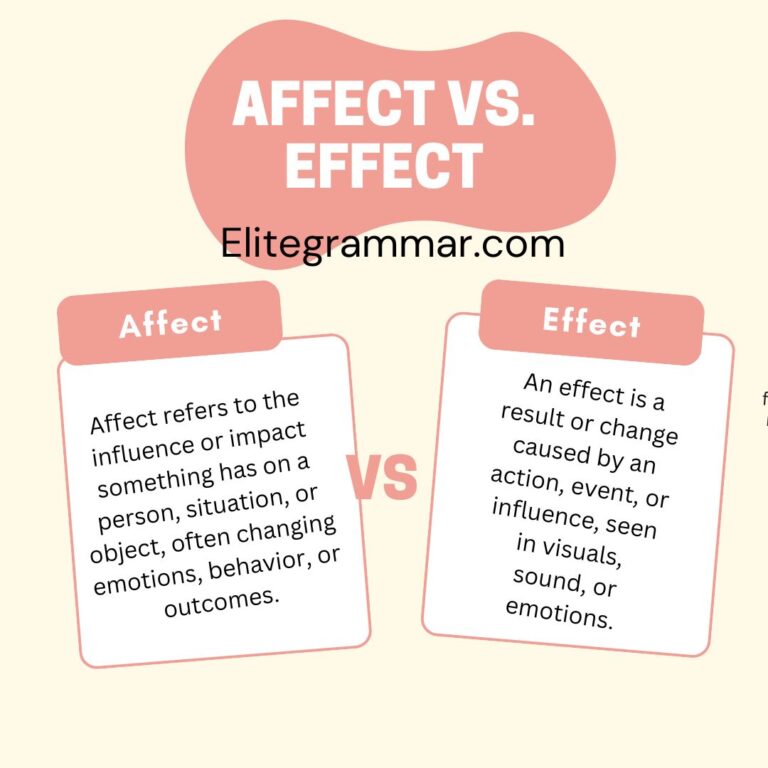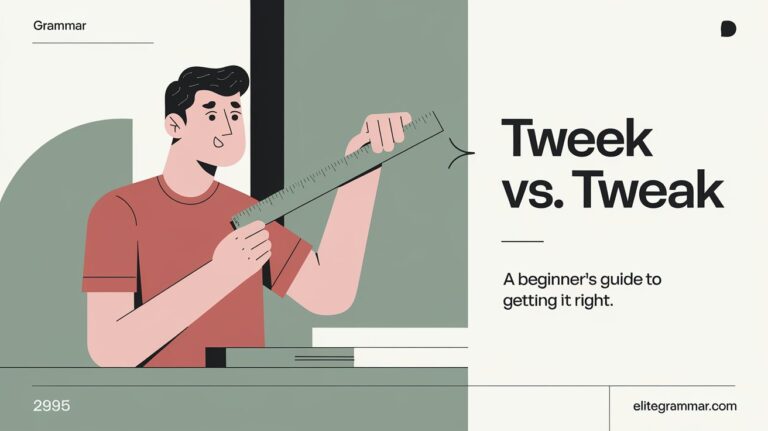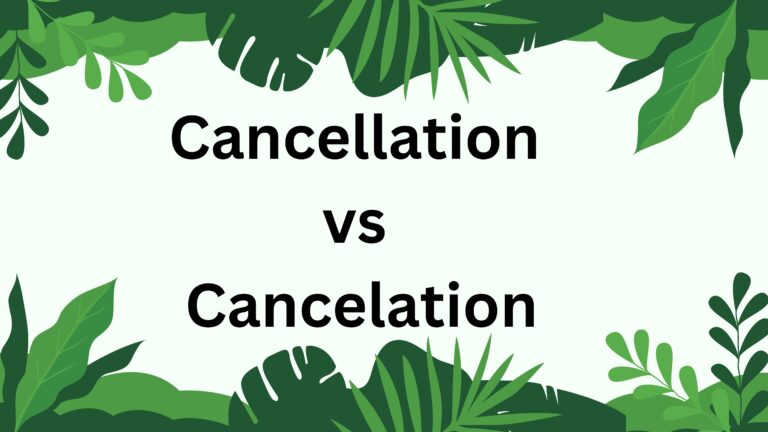What’s the Past Tense of Cost: Is It Cost or Costed?
Whereas in the past tense of cost, everybody is not sure about whether the word should be written as “cost” or “costed.”They are both used frequently, but the difference can be confusing. Learning the proper application of both will make you more accurate in speaking and not commit errors.
Throughout this tutorial, we shall be discussing what the appropriate past tense of “cost” is and when to apply each form.
What Does “Cost” Mean?
The time period “fee” usually refers to the amount of cash or resources required to produce, accumulate, or hold something. it may be implemented in various contexts, and its meaning might also range depending on the scenario.
As a Verb:
As a verb, “cost” means to require a certain amount of money, resources, or effort to obtain, produce, or achieve something. For example:
- “This shirt costs $20.” — It means the price of the shirt is $20.
- “The project will cost a lot of time and effort.” — It indicates that the project will require a significant amount of time and effort to complete.
- “How much did the repair cost?” — This asks for the amount of money spent on the repair.
As a Noun:
As a noun, “cost” refers to the amount of money, resources, or effort required to obtain or produce something. It can refer to various types of expenses or sacrifices associated with an item, service, or activity. Here are a few examples.
- Monetary cost:
- “The cost of the car was $30,000.” — Refers to the price you pay for the car.
- Resource cost:
- “The cost of manufacturing these items is high.” — Refers to the resources (materials, labor, etc.) needed to produce the items.
- Opportunity cost:
- “The cost of choosing to study is that you miss out on social activities.” — Refers to what you give up when choosing one option over another.
- Personal effort or sacrifice:
- “She didn’t realize the emotional cost of that decision.” — Refers to the emotional toll or sacrifice involved in a choice.
In summary, as a noun, “cost” signifies the price, effort, or sacrifice involved in acquiring or achieving something.
Why Is There Confusion?
The vagueness of the past tense form of “cost” arises from it being an irregular verb, the present and the past forms coinciding. In some technical careers like project management or finance, however, “cost” can be a regular verb, and “cost” is utilized for purposes of estimation or calculation. This leads to the tendency among students to utilize “costed” in all possible contexts, where it’s used only in limited technical contexts.
⚡ Key Takeaway
The past hectic of “cost” can be difficult because, in most instances, its irregular “price” stays the same in each present and past. However, in particular regions like budgeting or undertaking estimation, “costed” is used to explain calculated costing or predictions, in which “value” behaves as a normal verb. To keep away from not unusual errors, it’s critical to apprehend the context: in popular use, “fee” is typically accurate, while “costed” is reserved for professional or specialized situations.
The Past Tense of “Cost”
The past tense of “cost” often causes confusion due to its irregular form. In most cases, the present and past tense of “cost” are the same, so “cost” is used for both. However, in specific fields such as accounting or project planning, “costed” is sometimes used as the past tense when referring to the act of estimating or calculating costs. This leads to the confusion, as learners may incorrectly use “costed” in general contexts where “cost” is more appropriate.
For Example:
- General Use (Irregular Verb)
- The book cost $20.
- It cost me a lot of time to finish the project.
In these examples, “cost” is the same in both the present and past tense.
- Specialized Use (Regular Verb)
- The project costed $500,000 to complete.
- The team costed the materials before starting the work.
Here, “costed” is used in the context of calculating or estimating the cost, which is more common in accounting or project management.
By understanding the context, you can correctly decide whether to use “cost” or “costed.”
When “Costed” Might Be Appropriate
The use of “costed” is more suitable in certain professional or technical contexts, particularly when referring to the process of estimating or calculating the cost of something. In these situations, “cost” is treated as a regular verb, and “costed” is the past tense form.
Key Tip:
“Cost” is irregular, so it stays the same in both present and past tenses. Use “costed” only when referring to estimating or calculating costs, typically in professional contexts like accounting or project management. For everyday use, stick with “cost” for both past and present.
Referring to Cost Analysis or Estimation:
Use “costed” when talking about estimating or calculating costs, especially in fields like accounting, project management, or business analysis. It refers to the process of determining the expenses involved.
Example:
- The team costed the project to ensure it stayed within budget.
- The accountant costed the materials required for production.
- Before proceeding, they costed the entire project to see if it was financially feasible.
- The contractor costed the labor and equipment needed for the construction job.
- We costed the marketing campaign to ensure it didn’t exceed our budget.
- The team costed the new software to determine if the investment was worthwhile.
Emphasizing a Deliberate Action:
Use “costed” when emphasizing a careful, planned action of estimating or calculating costs, particularly in a professional or analytical context. This highlights the intentional process of determining expenses.
Examples:
- They costed every detail of the project to avoid unexpected expenses.
- The team costed all potential risks before making their final decision.
- She carefully costed the materials, ensuring no aspect was overlooked.
- We costed the event in detail, accounting for every possible cost.
- The consultant costed the resources with precision to ensure accuracy.
Usage in Professional Jargon:
In fields like project management, finance, and accounting, “costed” refers to estimating or calculating expenses. It’s used when carefully analyzing financial aspects of a project. For example, a project manager might cost out construction phases to ensure the budget is met.
“Costed” is used when detailing the calculation of resources, materials, or labor. It’s commonly found in professional settings, like accounting, where precision in cost estimation is necessary. For example, “The team costed the materials for this quarter.”
While “cost” is used in most situations, “costed” refers to a calculated or deliberate action of estimating costs. In everyday use, “cost” is sufficient, but in specialized fields, “costed” is used to highlight careful estimation or budgeting.
Verb Tenses for “Cost”
| Tense | Form | Example |
| Present Simple | cost | The car costs $20,000. |
| Past Simple | cost | The car cost $20,000 last year. |
| Present Continuous | is/are costing | They are costing the materials now. |
| Past Continuous | was/were costing | They were costing the project last week. |
| Present Perfect | has/have cost | The project has cost more than expected. |
| Past Perfect | had cost | By the time we finished, it had cost a lot. |
| Future Simple | will cost | The new model will cost more. |
| Future Continuous | will be costing | By next month, they will be costing the new components. |
| Future Perfect | will have cost | By next year, the project will have cost millions. |
In most situations, the past tense of “cost” remains the same as the present tense, except in contexts where “costed” is used for specific professional or calculated estimations.
Notes on the Verb Tenses for “Cost”:
- Irregular Verb: The verb “cost” is irregular, meaning its past tense and past participle are the same as the present form (“cost” in both present and past).
- “Costed” for Estimation: In certain professional contexts (like accounting, project management, or budgeting), “costed” is used as the past tense when referring to the process of calculating or estimating costs (e.g., “They costed the project.”). This is different from the typical use of “cost” as both the present and past tense.
- General Usage: For most general conversations and non-technical contexts, “cost” remains the same in both the present and past tense, regardless of whether you’re talking about a current or past expense.
- Future Tenses: When talking about the future, “will cost” is used for simple future, and “will be costing” is used for continuous actions in the future.
“Cost” and “Costed” in Sentences
Here are examples of “cost” and “costed” in sentences:
Examples with “Cost”
- The new phone cost $800. (Past Simple)
- The concert tickets cost a lot of money. (Past Simple)
- It costs $50 to attend the workshop. (Present Simple)
- This project cost more than we planned. (Past Simple)
- The book costs $15 at the store. (Present Simple)
Examples with “Costed”
- The accountant costed the materials required for production. (Past Tense, Estimation)
- Before launching the new campaign, they costed the expected expenses. (Past Tense, Calculation)
- The company costed the project at $1 million. (Past Tense, Estimation)
- The team costed the resources carefully to stay within budget. (Past Tense, Financial Analysis)
- They costed the entire event to ensure they stayed under budget. (Past Tense, Estimation)
Synonyms for “Cost” and “Costed”
Here are some synonyms for “cost” and “costed”:
Synonyms for “Cost” (General Use)
- Price –The price of the car was too high.
- Charge-The hotel charges $100 per night.
- Expense-The project incurred high expenses.
- Fee-The fee for the course is $200.
- Outlay-The initial outlay for the startup was significant.
- Expenditure-The government’s expenditure on healthcare has increased.
- Value- The value of the service was more than I expected
Synonyms for “Costed” (Specialized Use)
- Calculated – They calculated the total expenses for the project.
- Estimated – The team estimated the cost of the new equipment.
- Budgeted – They budgeted the costs for the upcoming quarter.
- Priced – The accountant priced the materials required for the project.
- Valued – The consultant valued the project’s cost at $500,000.
- Appraised –They appraised the total cost of the renovation.
Etymology of “Cost”
The word “cost” has its origins in Old French and Latin.
- Old French: The word “cost” comes from the Old French term “cost” or “coster,” meaning “to incur a charge” or “to pay.” This was derived from the verb “coster” (to cost or be expensive).
- Latin: It ultimately traces back to the Latin word “constare,” meaning “to stand firm, to be fixed,” and by extension, “to be worth.” This Latin word was formed from “com-” (together) and “stare” (to stand), implying something fixed or standing together, thus related to value or expense.
The idea at the back of the phrase developed to indicate the charge or quantity of something, that is what we use nowadays in present day English. the primary recorded use of “fee” within the context of financial cost regarded within the 14th century.
Key Developments in Usage:
Medieval Origins (14th Century):
The phrase “cost” first seemed in English at some stage in the 14th century, inspired through antique French price (meaning “to incur a price”) and Latin constare (which means “to stand company” or “to be well worth”). within the starting, it changed into used to talk about something’s price or price, specially in the context of exchange and transactions.
Shift to Broader Economic Use:
Over the years, the means of “fee” multiplied beyond simple pricing to encompass the concept of expenses and assets required in various contexts, which includes exertions, time, and substances. This shift has become more glaring for the duration of the economic revolution as monetary and business terminology became vast.
Adoption in Technical and Business Contexts (19th Century):
In accounting, economics, and task management inside the nineteenth century, the term “value” gained prominence. right here, “value” changed into used to quantify resources utilized in manufacturing, labor, and items. The time period started out to be used extra often in its greater specialised shape, in which it no longer became pretty much the rate however also approximately how much resources were used.
conclusion
The beyond traumatic of “price” is generally the same as the present irritating, so “fee” is used for both. For instance, “The book cost $20” or “It cost me quite a few times.” This is because “fee” is an irregular verb, and in most everyday conditions, the beyond and gift bureaucracy do no longer alternate.
But, in precise expert contexts like accounting, challenge control, or commercial enterprise analysis, “costed” is on occasion used to refer to the procedure of calculating or estimating prices. For example, “They value the task earlier than starting the work” or “The accountant fee the substances for manufacturing.” In these situations, “costed” acts as a normal beyond annoying verbs.
The word “price” originates from the Latin word “constare,” that means “to stand firm” or “to be worth,” and turned into later followed in antique French. It became a manner to talk about something’s fee, effort, or assets over time, each in normal use and in extra technical, commercial enterprise-related contexts.
If you want to explore whole site : Click Here
FAQS : What’s the Past Tense of Cost: Is It Cost or Costed?
How does the use of “costed” differ from the regular use of “cost”?
The use of “costed” differs from the regular use of “cost” primarily in its application and context. “Cost” is an irregular verb, meaning its form remains the same in both the present and past tenses (e.g., “The book costs $20” and “The book cost $20”). This is the standard usage in most everyday language, where “cost” refers to the price or expense of something.
On the other hand, “costed” is typically used in more specialized contexts, such as accounting, project management, or budgeting. In these fields, “costed” refers to the act of estimating, calculating, or analyzing the cost of something. For example, “The accountant costed the materials for production” or “They costed the project to determine its feasibility.” Here, “costed” emphasizes the deliberate process of evaluating or predicting expenses, making it a regular verb in those contexts.
How does the past tense of cost apply in financial or business contexts?
In financial or business contexts, the past tense of “cost” is often used to refer to both the actual expenses incurred and the process of estimating or calculating those expenses. Typically, “cost” is used in its regular, irregular form for both present and past tense (e.g., “The project cost $500,000”). However, in specialized fields like accounting, budgeting, and project management, “costed” can be used when discussing the act of calculating or estimating expenses.
For example, in project management, you might hear, “The team costed the materials before starting the project,” which indicates that they estimated or calculated the expenses associated with the materials. Similarly, “costed” is used when businesses or accountants assess or predict the costs of a project, product, or service, as in “The accountant costed the project at $1 million.”
Thus, while “cost” is more commonly used in the past tense in general business conversations, “costed” specifically applies to situations involving the calculation or estimation of costs.
what is the past tense of cost?
The past tense of “cost” is the same as the present tense: “cost.” For example, “The shirt cost $20” (past tense) and “The shirt costs $20” (present tense). However, in certain professional contexts, like accounting or project management, “costed” may be used when referring to the process of calculating or estimating costs.
Is it cost or costed when talking about estimating expenses?
When talking about estimating expenses, “costed” is typically used. In professional contexts like accounting, project management, or budgeting, “costed” refers to the process of calculating or estimating the cost of something. For example, “The team costed the project to ensure it stayed within budget.”
In contrast, “cost” is used in most general contexts, where the verb remains the same for both present and past tenses, such as “The project cost $500,000.”
How do you decide whether to use “cost” or “costed” in a sentence?
To decide whether to use “cost” or “costed” in a sentence, consider the context:
Use “cost” in most situations, as it is the irregular past tense of the verb. It remains the same for both present and past tenses, such as in:
“The car cost $30,000.”
“The event cost a lot of time and effort.”
Use “costed” in specific professional or technical contexts, particularly when referring to estimating or calculating the cost of something. This is common in fields like accounting, project management, and budgeting. For example:
“The team costed the project to ensure it stayed within budget.”
“The accountant costed the materials needed for production.”
What’s the difference between “cost” vs “costed”?
“Cost” is used as both the present and past tense in most situations, like “The shirt cost $20.”
“Costed” is used in specific contexts like accounting or project management, referring to the process of estimating or calculating expenses, e.g., “The team costed the project to stay within budget.”
What’s the grammatical rule for using “costed” vs “cost”?
The grammatical rule for using “cost” vs “costed” is based on context:
Use “cost” in both present and past tense in general situations. It is an irregular verb that remains the same for both tenses.
Example (present): “The book costs $10.”
Example (past): “The book cost $10.”
Use “costed” in specific professional contexts, such as accounting, budgeting, or project management, when referring to the process of estimating or calculating costs.
Example: “The team costed the project to determine the budget.”
Example: “The accountant costed the materials for production.”
What is the past tense of “cost”? Is it “cost” or “costed”?
The past tense of “cost” is “cost.” It remains the same in both present and past tenses in most situations. “Costed” is only used in specialized contexts, like estimating or calculating costs in accounting or project management.
When should you use “costed” instead of “cost”?
“Costed” is used in specific professional contexts, like budgeting or project management, when referring to the process of estimating or calculating costs. For example, “The team costed the project to determine the budget.”
Is “costed” ever correct as the past tense of “cost”?
Generally, “cost” is used for both present and past tenses. However, “costed” is sometimes used in professional settings to refer to the act of calculating or estimating costs, such as “The accountant costed the materials for production.”















